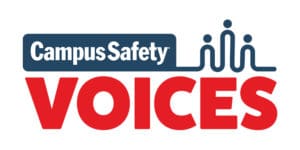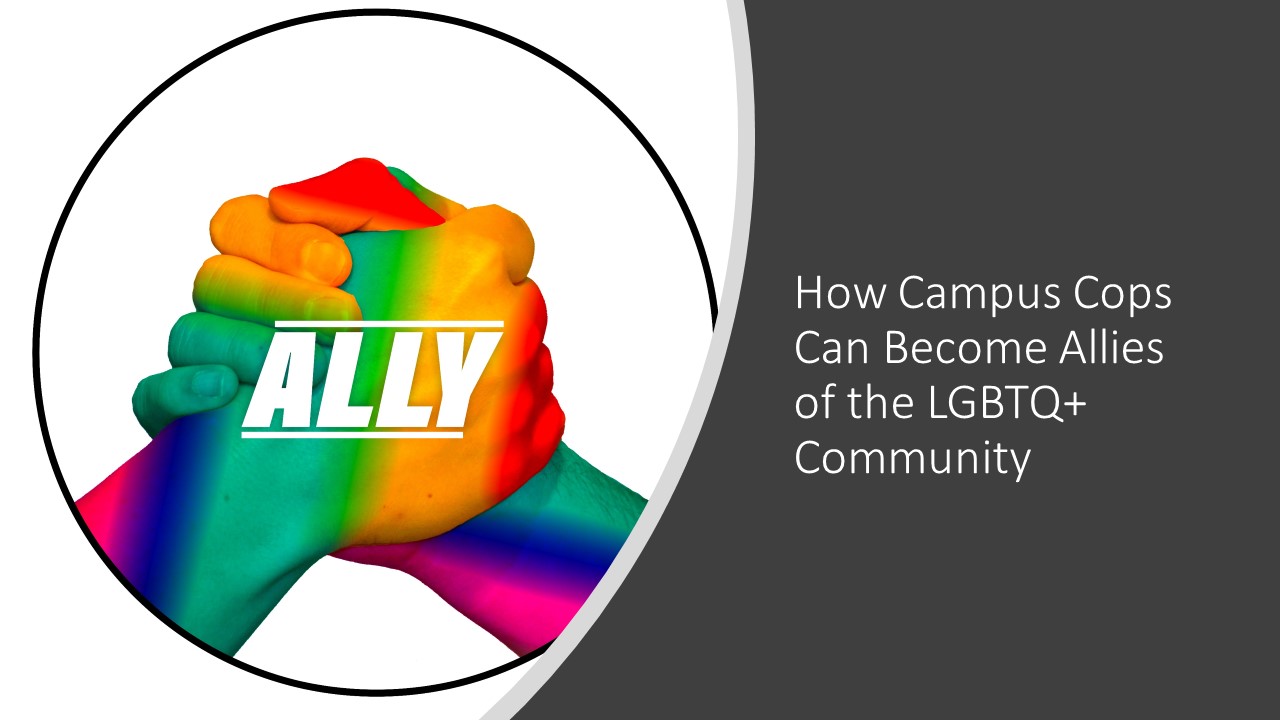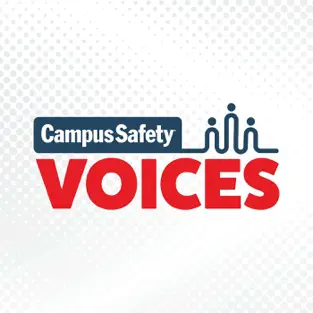June is Pride month. This podcast from 2021 highlights some ways that campus police departments can support members of their LGBTQ+ community and make their campus more inclusive and welcoming to all.
Numerous studies have found that lesbian, gay, bisexual, transgender and questioning/queer (LGBTQ+) students often experience challenges in school.

Campus Safety Voices, available on Spotify and Apple streaming platforms, features timely conversations on a wide range of topics affecting K-12 schools, institutions of higher education, and healthcare facilities.
According to a study conducted last year by the Trevor Project, 40% of LGBTQ+ youth and more than 50% of transgender and nonbinary youth reported having “seriously considered” suicide in the past 12 months. Approximately 15% of respondents said they attempted suicide in the past year.
It is critical then, for colleges and universities to cultivate a safe and supportive environment for members of their LGBTQ+ community. This is particularly true for campus public safety, police and security departments.
One agency that is leading the way in this area is the Washington University in St. Louis Police Department. The entire department has completed Safe Zone training to help officers become better allies of LGBTQ+ students, staff, administrators and faculty.
In this podcast, I interviewed Colonel Mark Glenn about Safe Zone’s training. Glenn, who is also one of this year’s Director of the Year finalists, talks about the benefits of his officers taking Safe Zone training.
“[The classes provide] a lot of opportunities for our team to ask questions in a really open and non-judgmental space so they can learn,” he says.
Glenn also talks about how this training not only helped his officers develop good relations with the LGBTQ+ community, but with other communities on campus.
“I just think it’s one of those overlooked programs,” he says. “Many people think they understand how to communicate with every member of our community, but that’s not always the case. There’s always a little nuance to each community, and [the training] really gave us the tools to be able to talk.”
[promo_content slug=”2021-csc-texas-doy-promo”]









